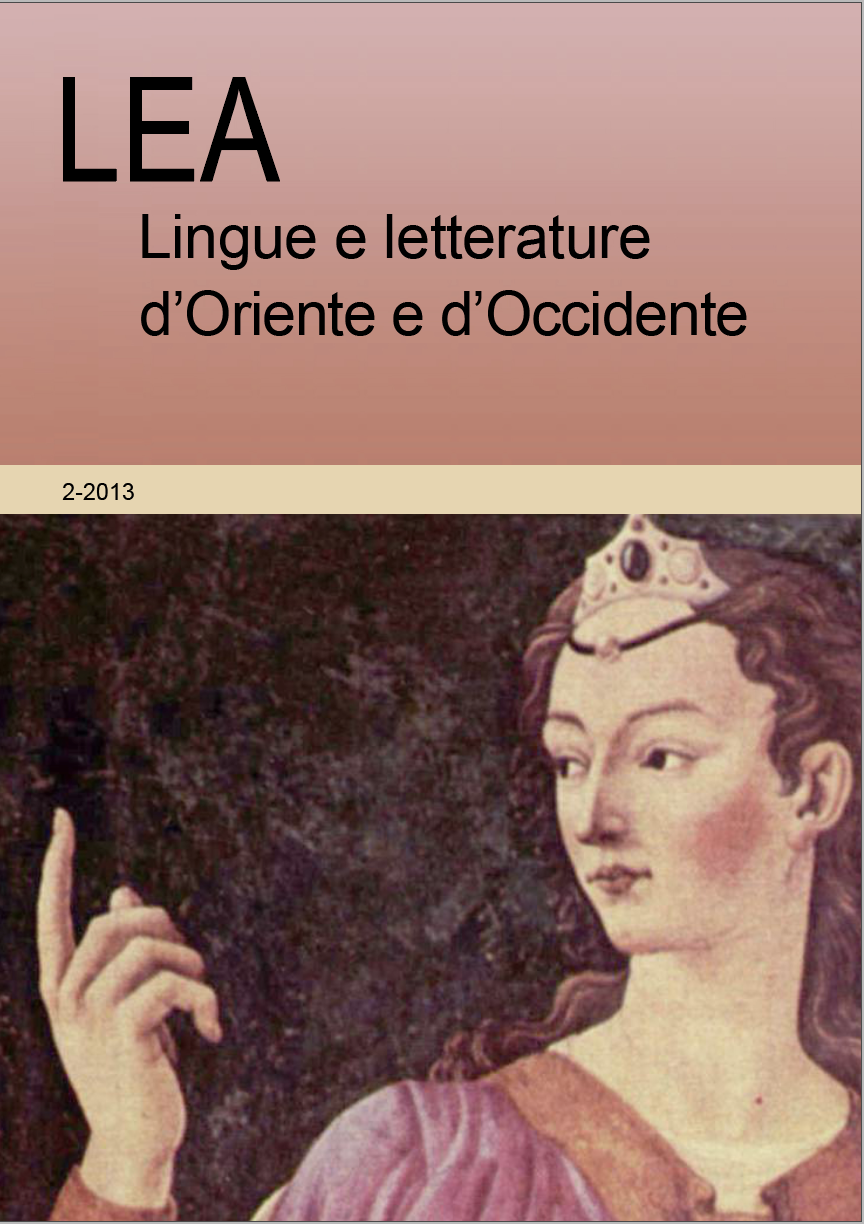Plurilinguismo e multilinguismo in Europa per una Educazione plurilingue e interculturale
Abstract
This article provides a general outline of the language policy followed by European organizations in order to propose a definition of terms such as plurilingualism, multilingualism, bilingualism and consideration of multilingualism peculiarities and benefits either for the single person or communities. The literature has considered multilingualism linked to cognitive, psychological, cultural, educational, social and economic benefits. It is also described in terms of plurilingual and intercultural competence in the Common European Framework, which is the most important European guideline on learning and teaching languages. Plurilingual and intercultural competence as a plural repertoire of language and cultural transversal knowledge, competences and resources, is the aim of plurilingual and intercultural education: focus is on personal development, learners’ needs, linguistic and intercultural abilities in order to develop not a “native speaker” but an “intercultural speaker”.



